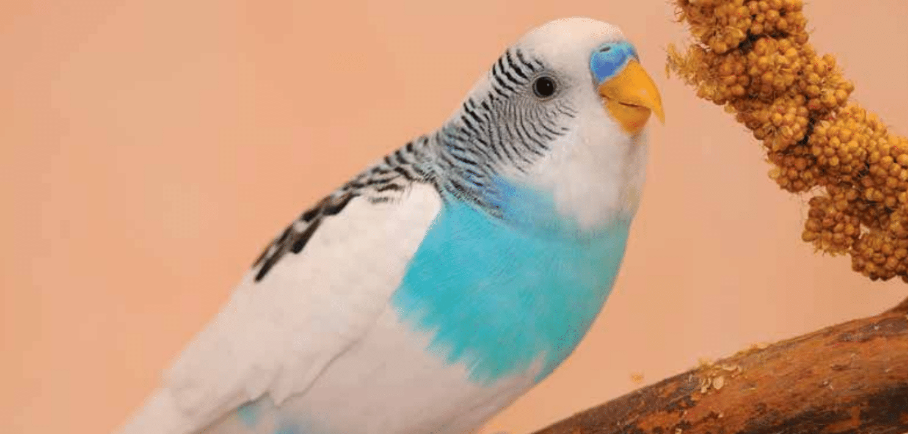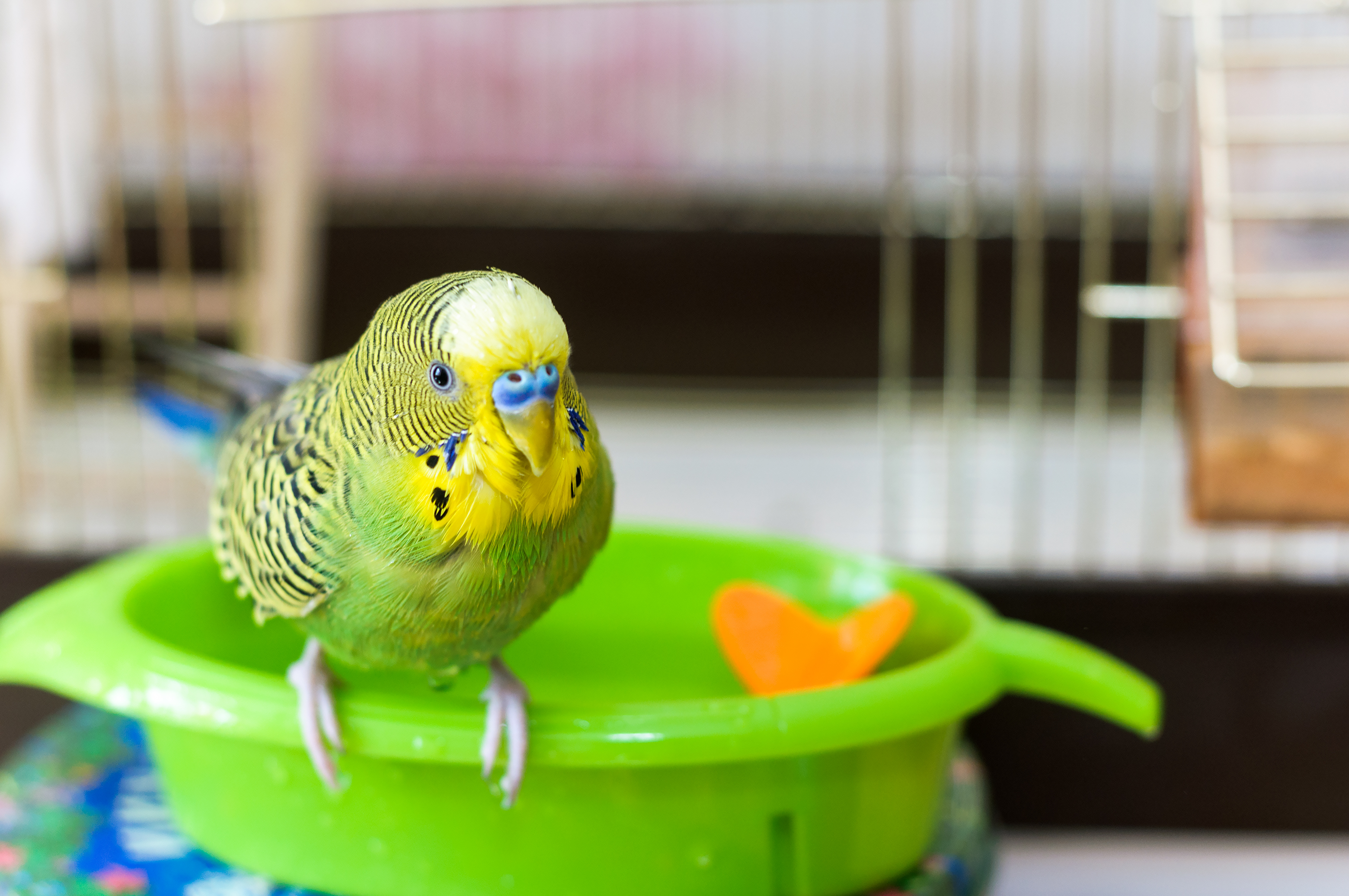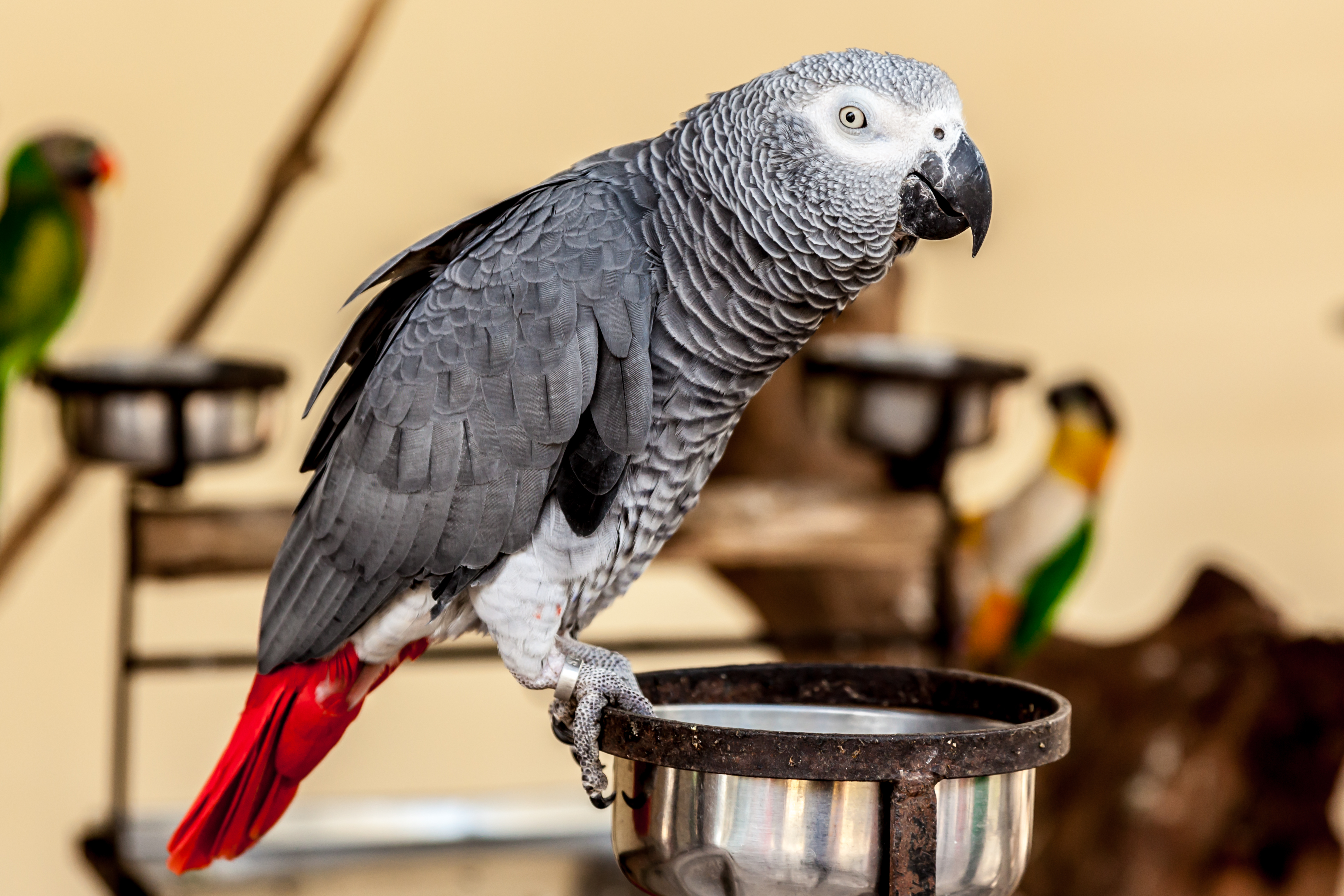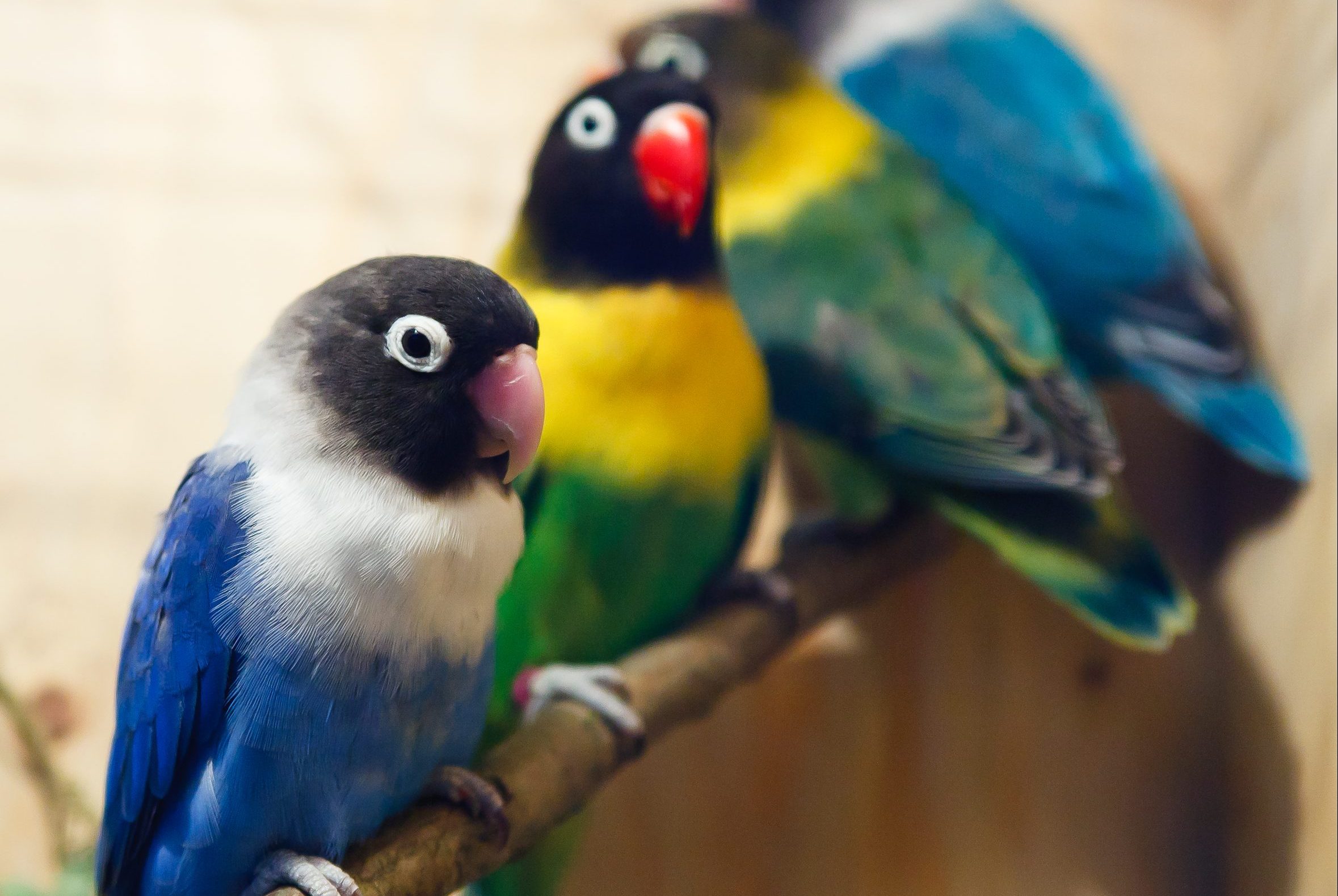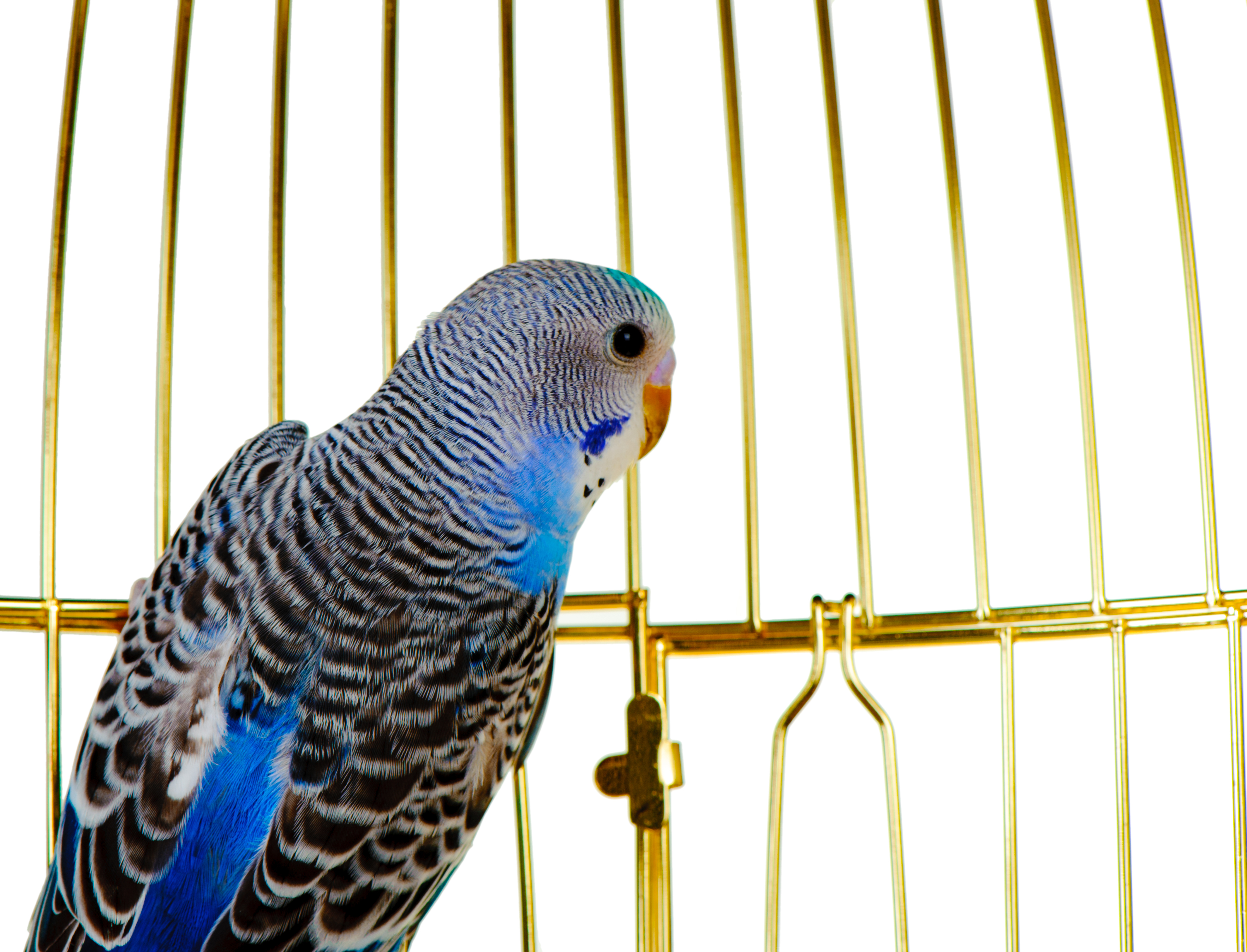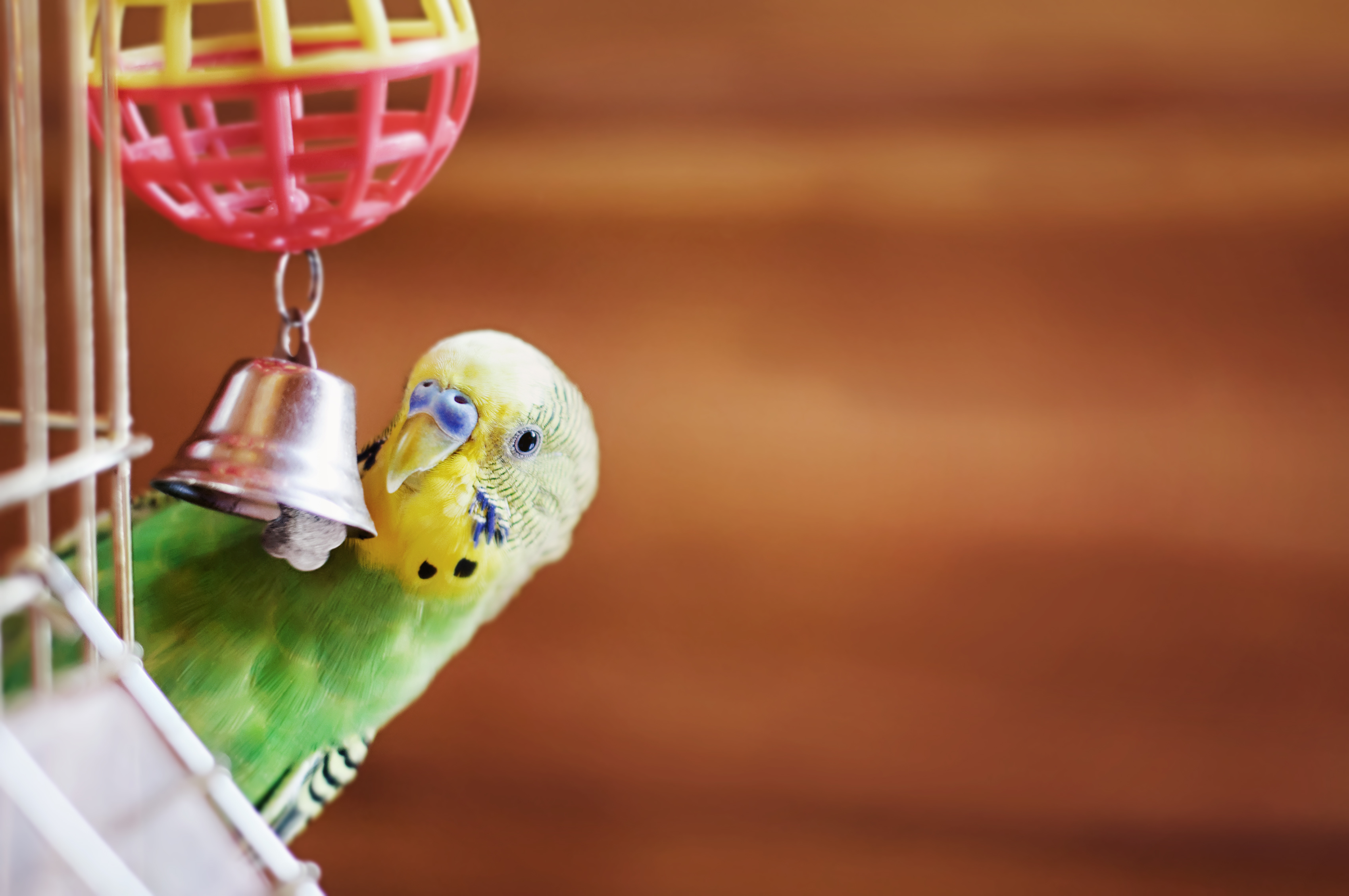Bird Products Continue to Trend Toward ‘Natural’
Erik J. Martin //October 8, 2018//
As the saying goes, never judge a book by its cover. But feel free to judge a product by its packaging, including the healthful claims, ingredients and transparent sourcing information listed right on the box or bag. Patrons are paying increased attention to these better-for-you boasts, as evidenced by a 2016 Consumer Reports poll, which revealed that nearly three out of four shoppers seek out products with the “natural” label.
It’s only natural that natural goods are popular among bird owners today, too. They’re taking the time to compare avian wares carefully and select healthier and safer SKUs featuring farm fresh fixings, renewable materials, and fewer additives and processed elements. While this is hardly a newsflash to pet stores, it serves as a reminder that the preference toward “natural” is here to stay—and failing to provide a variety of such offerings makes for bad business.
Vérité Vittles
Ask Jason Savitt, president of Prevue Pet Products in Chicago, Illinois, and he’ll tell you that the demand for natural bird merchandise has continued to grow exponentially.
“More than ever, pet owners are treating their pets as members of the family,” Savitt said. “Products made from elements found in nature feel safer and healthier for many bird parents, and they create a more native habitat, like birds would expect in the wild.”
The longevity of the natural products trend is also no surprise to Melanie Allen, avian product specialist for HARI, a division of The Hagen Group in Mansfield, Massachusetts.
“By now, bird owners expect food to be free of artificial coloring and especially preservatives,” Allen said. “Plus, we now have a generation of pet owners that lean toward healthy diets for themselves, too.”
Food brands that have gained serious traction from the “natural” trend include Volkman’s Nature’s Feast, a premium, double-cleaned, vitamin-fortified daily diet; ZuPreem’s Natural Bird Food, featuring fresh-ground vegetables and fruit and a multi-grain formula; Brown’s Tropical Carnival Natural Parrot & Macaw Fortified Daily Diet, an all-in-one food and treat; and Vitakraft’s Sunseed SunSations Natural Formula.
“Our customers are often looking for seed mixes that contain no preservatives, so we stick to diets made locally and often exclusively for our store,” said Ros Gibson, owner of Birdcamp, a pet supplies retailer located in New York City that specializes in exotic birds. “Our shoppers scrutinize ingredient lists particularly for preservatives, meat products, and manufacturer date.”
Plenty of bird treats have capitalized on this au naturale inclination as well. Case in point: Lafeber’s Garden Veggie Nutri-Berries, loaded with carrots, peas, broccoli and corn; and Higgins Sunburst Gourmet Natural Treats. And more avian supplements are including the word “natural” in their names, such as Pretty Bird’s Natural Gold Bird Supplement and Avitech’s Enhance All Natural Veggie, Fruit, Berry & Sprout Mix.
Other Native Necessities
While edibles represent an obvious subcategory amenable to “natural,” toys, trinkets and accessories have also benefited significantly from this movement.
“Parrots especially respond better instinctively to toys made with natural materials as opposed to those made with plastics or other artificial elements,” Allen noted. “Think about larger parrots—they love to shred, chew and destroy items, and it’s better for these guys to carry on with their natural behaviors by using toys created from natural components.”
Savitt agrees.
“Toy designs made from natural materials are visually appealing, fun and neutral in their color palette,” said Savitt, whose company uses a variety of sea grasses, sea shells, banana leaves, aged woods like mangrove, coconut shells and natural fiber ropes made of cotton, sisal and jute in its Naturals Activity Toy Line.
For more proof that playthings profit from Mother Nature, consider Wesco’s line of all-natural kabob toys, made from variously-sized yucca wood pieces strung together with sisal rope; the Super Shredder Ball by Sweet Feet & Beak, an orb filled with colorful shredded paper and food-colored dyed wooden beads, spools, blocks and buttons; and the Pecking Traffic Light, a chunky, edible wooden log that’s part of Rosewood’s Naturals treat/toy series.
“Our customers are picky about toys; many of them prefer products made in the United States or Canada with vegetable dyes, and they’re not fooled by knockoffs from China,” said Gibson, noting that toys by Super Bird Creations, Planet Pleasures and Fun Max sell the best in her store. “They also avoid anything with animal products in the ingredients, such as leather, although vegetable-tanned leather is acceptable for many.”
Mary Wyld, owner of Norfolk, Virginia-based Wyld’s Wingdom, which has been distributing pet bird supplies internationally for 32 years, says cargo nets made from jute, abaca or sisal also remain high in demand.
“These nets are often hung in a patio or enclosed area, between two cages, or from the ceiling as a canopy,” Wyld said. “They’re great because they allow birds to roam, climb and hang outside the cage.”
Shelf-Help Movement
Concetta Ferragamo, national sales manager for King’s Cages in East Brunswick, New Jersey—which recently introduced an entire line of natural foraging enrichment merchandise, including a Foraging Station made of Java wood and filled with shredded Aspen—recommends drawing special attention to natural goods in the aisle.
“Try grouping together a whole section of natural products, and provide helpful literature that explains the benefits of these items and their ingredients,” Ferragamo said.
Additionally, Ferragamo adds, “train your staff to walk the shopper through the aisle and explain to them why it pays to purchase products with natural materials.”
This kind of guidance can boost trust and sales.
“Brick and mortar retailers have the advantage when it comes to educating and directing their customers,” Savitt suggested. “In many ways, it’s easier for customers to search for natural products online. However, the knowledge and curation of a retailer can really add value and help guide a bird owner to make the best choice, so it’s important to know everything you can about the natural edibles, toys and accessories you carry and why you are recommending them.”
